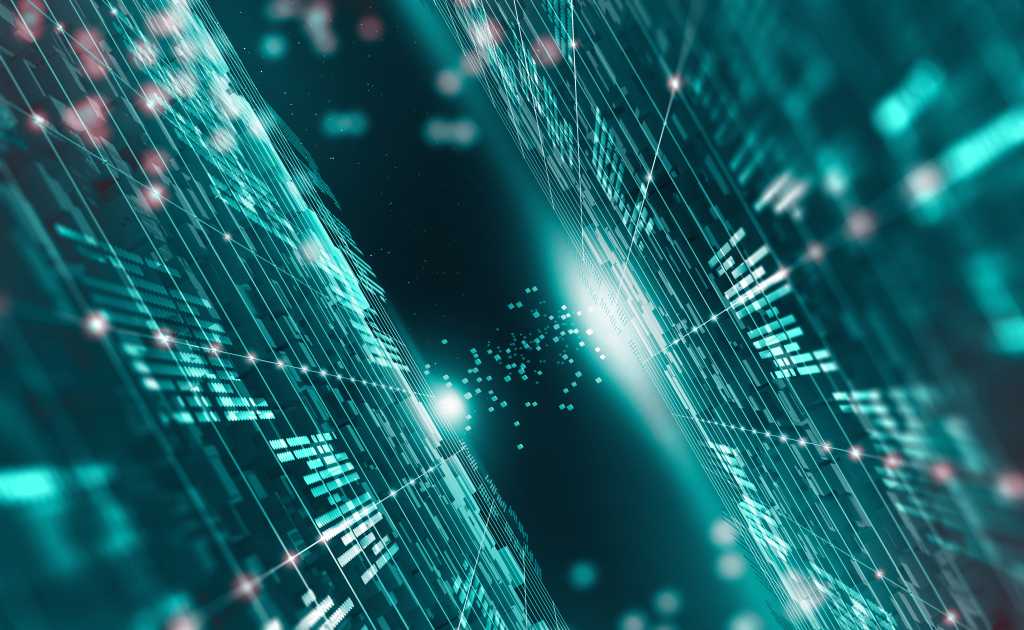Speaking to J.P. Morgan analysts recently, Cisco CFO Scott Herren explained that Cisco had to make an attitude adjustment to win over the hyperscalers. “If you go back to the original buildout of the big compute and storage infrastructure a decade, Cisco had the mindset of, ‘No one knows more about networking than we do, so buy what’s on the truck.’ And the hyperscalers said, ‘That’s not the way this is going to work. We’ve got our own designs. We’ve got our own architecture.’ So, we missed that initial wave of buildout.”
Cisco went back to the drawing board, acquired Leaba Semiconductor, started building its own chipsets, and racking up design wins from the hyperscalers for specific items like its 51.2 Tb/sec G200 Silicon One switch ASIC.
“We went back to the hyperscalers and said, ‘Look, we’ll meet you where you are.’ And that’s what led to pretty rapid growth within our service provider business.” Herren adds, “We are far better positioned to catch the initial wave and then, obviously, the subsequent waves of the buildout of the AI infrastructure than we were when the initial compute infrastructure got built out.”
According to Forest, the opportunities for Cisco are laid out in front of them—in security, SASE, observability, data analytics, AIOps, and genAI. He said Robbins and his team (which now includes former Splunk CEO Gary Steele as Cisco’s President, Go-to-Market) “are trying to be aggressive and to expand to other areas that are adjacent and relevant to their core business. They’re trying to change the dynamics of the company.”

